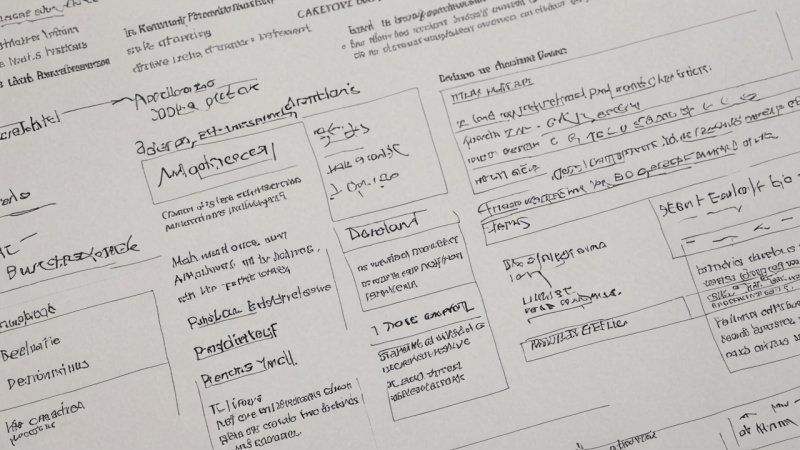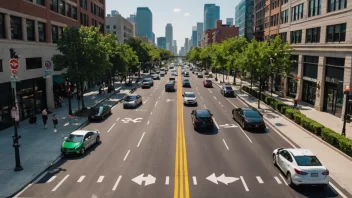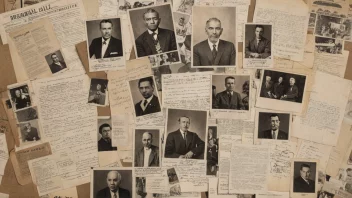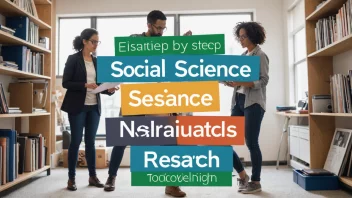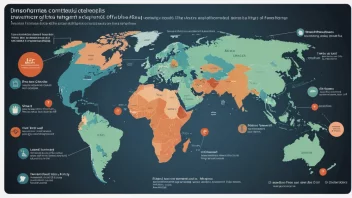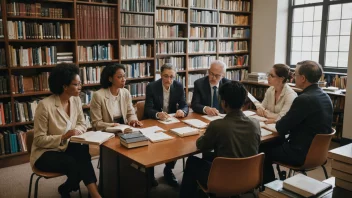Public opinion plays a crucial role in shaping policy decisions across various levels of governance. It reflects the attitudes, beliefs, and preferences of the general populace, and policymakers often rely on this feedback to guide their actions and proposals. Understanding how public opinion influences policy is essential for both citizens and leaders, as it sheds light on the democratic process and highlights the importance of civic engagement.
One of the primary ways public opinion influences policy is through elections. Politicians are keenly aware that their electoral success depends on their ability to resonate with voters. Therefore, they often adjust their platforms and policy proposals based on what they believe will appeal to the majority. For instance, significant shifts in public sentiment regarding climate change have led to more aggressive environmental policies in various countries. As the electorate expresses increasing concern about climate issues, political leaders respond with policies aimed at sustainability and pollution reduction.
Surveys and polls are vital tools for assessing public opinion. These instruments provide valuable data on the preferences and priorities of citizens, allowing policymakers to gauge support for specific policies. For example, if a poll indicates overwhelming support for a universal healthcare system, politicians may feel compelled to advocate for healthcare reform. Conversely, if the public shows resistance to a proposed tax increase, lawmakers might reconsider or abandon the initiative altogether.
Public opinion also influences policy through grassroots movements and advocacy groups. When citizens mobilize around a specific issue, they can create pressure on policymakers to take action. Movements such as Black Lives Matter and climate action campaigns exemplify how collective voices can impact legislation and policy frameworks. Policymakers often respond to these movements not only to maintain their legitimacy but also to ensure that they are addressing the concerns of their constituents.
The media plays a significant role in shaping public opinion and, consequently, policy decisions. News outlets, social media, and other forms of communication can amplify certain issues, bringing them to the forefront of public discourse. When the media highlights specific problems, it can lead to increased public awareness and urgency around those issues, prompting policymakers to act. For example, widespread media coverage of police brutality in the United States has spurred a national conversation about criminal justice reform and has influenced legislative changes.
However, the relationship between public opinion and policy is not always straightforward. Policymakers may choose to ignore public sentiment, especially if they believe that certain policies are in the long-term interest of the country. This tension between public opinion and expert recommendations can lead to conflicts and debates around policy implementation. Additionally, public opinion can be manipulated or swayed by misinformation, leading to misguided policy choices.
In conclusion, public opinion is a powerful force in the realm of policy and governance. It shapes electoral outcomes, influences legislative agendas, and drives social movements. Understanding this dynamic is essential for fostering a healthy democracy, as it empowers citizens to engage in the political process and hold their leaders accountable.
The Power of Public Opinion in Policy Making
Public opinion plays a crucial role in shaping policy decisions across various levels of governance, reflecting the attitudes and beliefs of the populace.
